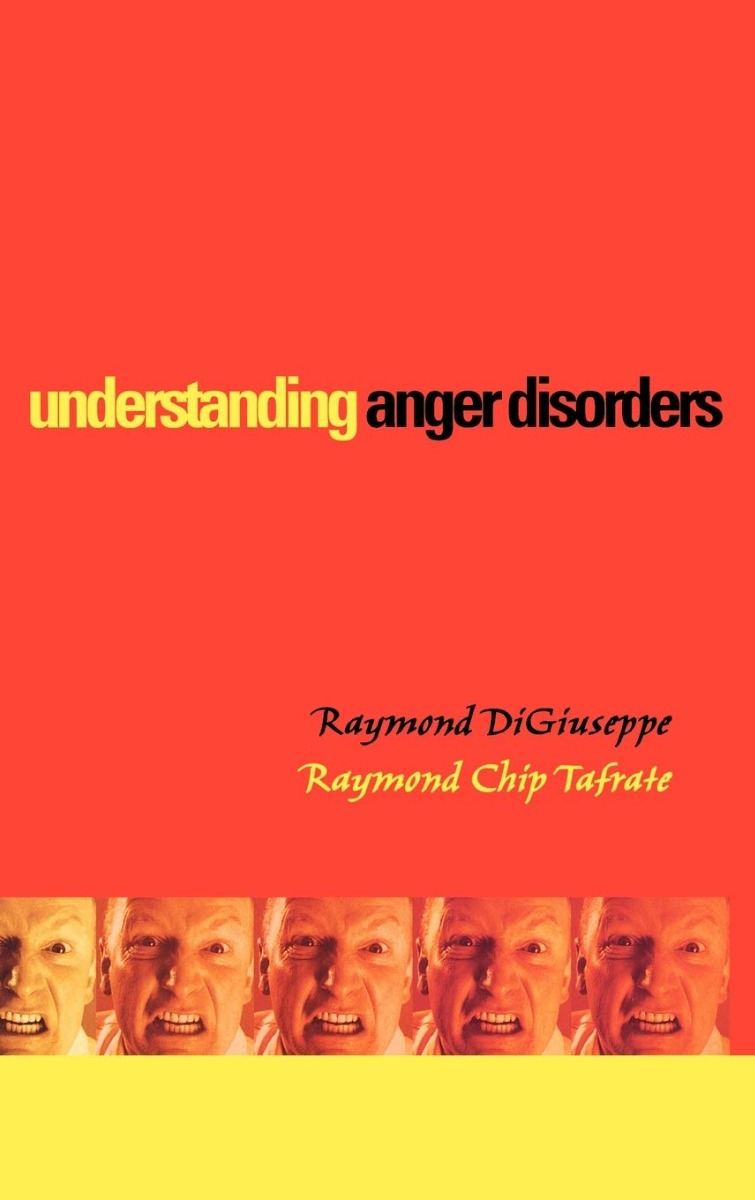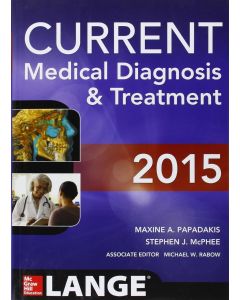Since classical times, philosophers and physicians have identified anger as a human frailty that can lead to violence and human suffering, but with the development of a modern science of abnormal psychology and mental disorders, it has been written off as merely an emotional symptom and excluded from most accepted systems of psychiatric diagnosis. Yet despite the lack of scientific recognition, anger-related violence is often in the news, and courts are increasingly mandating anger management treatment. It is time for a fresh scientific examination of one of the most fundamental human emotions and what happens when it becomes pathological, and this thorough, persuasive book offers precisely such a probing analysis.
Using both clinical data and a variety of case studies, esteemed anger researchers Raymond A. DiGiuseppe and Raymond Chip Tafrate argue for a new diagnostic classification, Anger Regulation and Expression Disorder, that will help bring about clinical improvements and increased scientific understanding of anger. After situating anger in both historical and emotional contexts, they report research that supports the existence of several subtypes of the disorder and review treatment outcome studies and new interventions to improve treatment. The first book that fully explores anger as a clinical phenomenon and provides a reliable set of assessment criteria, it represents a major step toward establishing the clear definitions and scientific basis necessary for assessing, diagnosing, and treating anger disorders.
Part I: Theory and Research.
1. Anger, The Forgotten Emotion
2. Ubiquitous and Intangible: The Problem of Defining Anger
3. How Anger Differs From Other Emotions
Part II: Anger and Aggression.
4. Theories of Anger and Aggression
5. Anger as a Moderator of Violence
6. A Proposed Model of the Relationship Between Anger and Aggression
Part III: Cognitive and Behavioral Models of Anger.
7. Behavioral Models of Anger
8. Cognitive Models of Anger
Part IV: Anger and Co-morbidity.
9. Anger and Axis I Pathology
10. Anger and Depression
11. Anger and Personality Disorders
Part V: Diagnosis of Anger Disorders.
12. Objections to Formalizing Anger Disorders
13. Functional and Dysfunctional Anger
14. Proposed Criteria for Anger Disorder
15. Subtypes of Disturbed Anger
Part VI: Intervention.
16. A Review of the Anger Treatment Outcome Literature: What We Know Works
17. Roadblocks to Successful Treatment of Angry Clients
18. Preparing Clients for Anger Treatment
19. A Comprehensive Model of Anger Treatment
20. Epilogue
Escribir Su propia reseña













